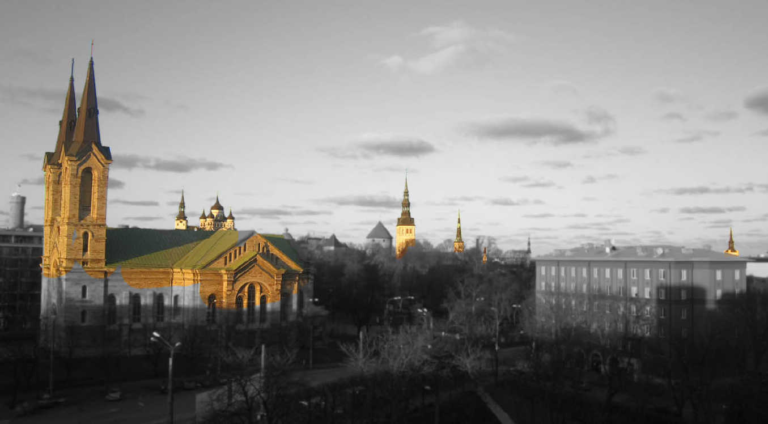Juscheld discovered the works of Michael Crichton perhaps too late; this has its own advantages, in the sense that the overall imagery of the traditional apocalypse could evolve in Juscheld’s mind without any other reference than the ancient sources themselves. On the other hand, the late arrival of Crichton’s “secular apocalypse” (as Frye’s describes the… Continue reading Crichton, A Twin Soul
Author: Editor
Until the End of Time
In seeking the origin of these developments, both common and sacred researchers have invoked a wide range of explanations. For us, an essential guiding light will continue to be Darwinian evolution, applied now to human behavior. Brian Green, Until the End of Time With such a devastatingly demoralizing quote I begin this article: the world… Continue reading Until the End of Time
Surveillance or “the seven eyes of God”
And Evil Comes (2) The vision of the “seven eyes of God” is one of the most mysterious symbols in the whole of the book of Revelation. They are the ultimate vision of God in deep connection with the reality of humankind. It is in this sense that state surveillance of the citizens, understood in… Continue reading Surveillance or “the seven eyes of God”
And Evil Comes
The only way to spiritually understand current world events, and in particular the unrelenting attack on Christians (and its correlative consequence, the savage assault on the dogma of human biological essence as the image of God) is to view these events as the workings of absolute Evil. And certainly, Evil comes. Absolute Evil. Evil can… Continue reading And Evil Comes
The Two Revelations
If, by some twist of fate, only the first eleven chapters of the Book of Revelation had been preserved, the doctrines and dogmas of Christianity would still regard this text as a work of profound religious and spiritual significance. Yet it is in the full span of its twenty-two chapters that the true complexity and… Continue reading The Two Revelations
Notes on The Yellow Submarine Film (1)
Intro The Yellow Submarine film (link – pdf) tells us about a society in crisis, demoralized, and possibly “decadent” by their own standards. It traces the emergence, attempted assimilation, and ultimate success of the compensatory and highly idiosyncratic messianic surge in that milieu, whose main catalyst was the musical rock and roll/ballad band The Beatles.… Continue reading Notes on The Yellow Submarine Film (1)
Juscheld, Quixote: Metastructure or Vision
In this article I describe Juscheld’s view of the artistic work as visionary structure, particularly in the way an author’s stance and experience of the world structures his or her emotional life, which in turn shapes his or her work. I propose the term “metastructure” as a an approximate, mid-way concept of what the composer… Continue reading Juscheld, Quixote: Metastructure or Vision
Secular vs. Sacred, Popular vs. Cultist
The line between secular and sacred, popular and cultist (at times called classical) in music are diffuse the best of times. Certainly those who take this creative skill seriously, who may have the talent or enjoy the luxury to dedicate their lives to it, know better: none of us I guess would speak of inspiration… Continue reading Secular vs. Sacred, Popular vs. Cultist
Apocalypse as Limit of Signification
The Apocalypse is the limit of signification. For the western mind there can be no beyond it, no possible emotional commitment can be found in anything but the twin Janus faces of the apocalypse: revelation or destruction; the one looking ahead, the other drowning all possible futures in the abyss. Ours is a culture that… Continue reading Apocalypse as Limit of Signification
Happy 200th Birthday Socialist Richard Wagner
An Introductory Note As I edit this article, in a world where the socialism that Richard Wagner fought for may have achieved gigantic global proportions, and perhaps should deserve a name more fitting to its real nature (since humanity seems now to be the enemy), I wonder what the revolutionary, some say “terrorist” genius that… Continue reading Happy 200th Birthday Socialist Richard Wagner









